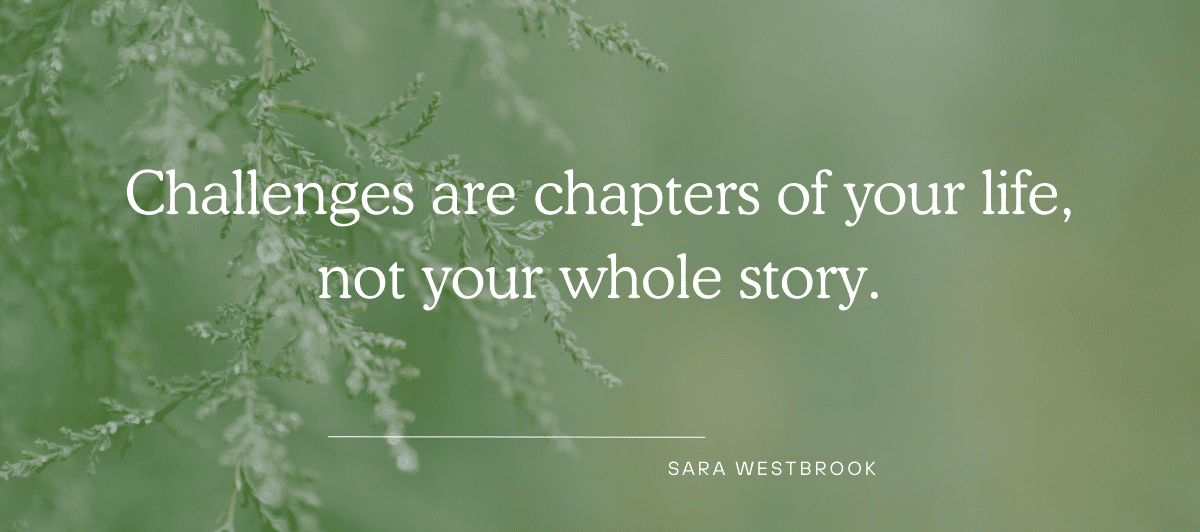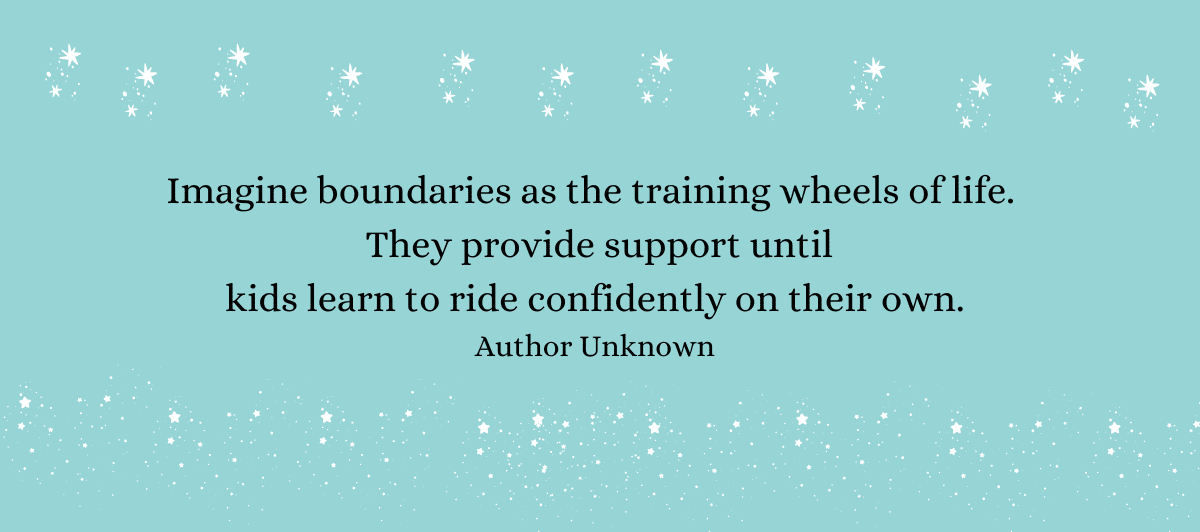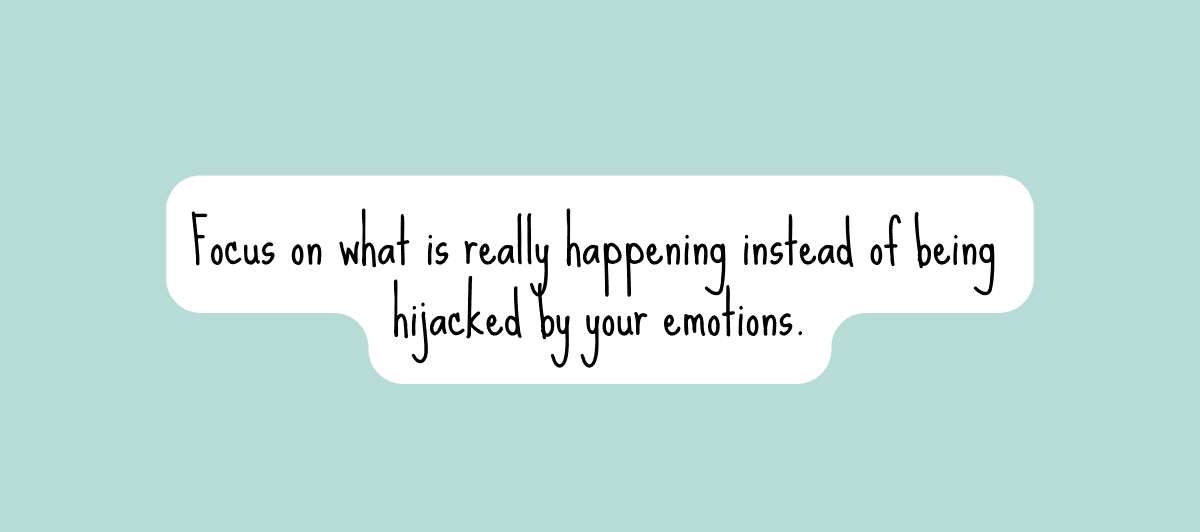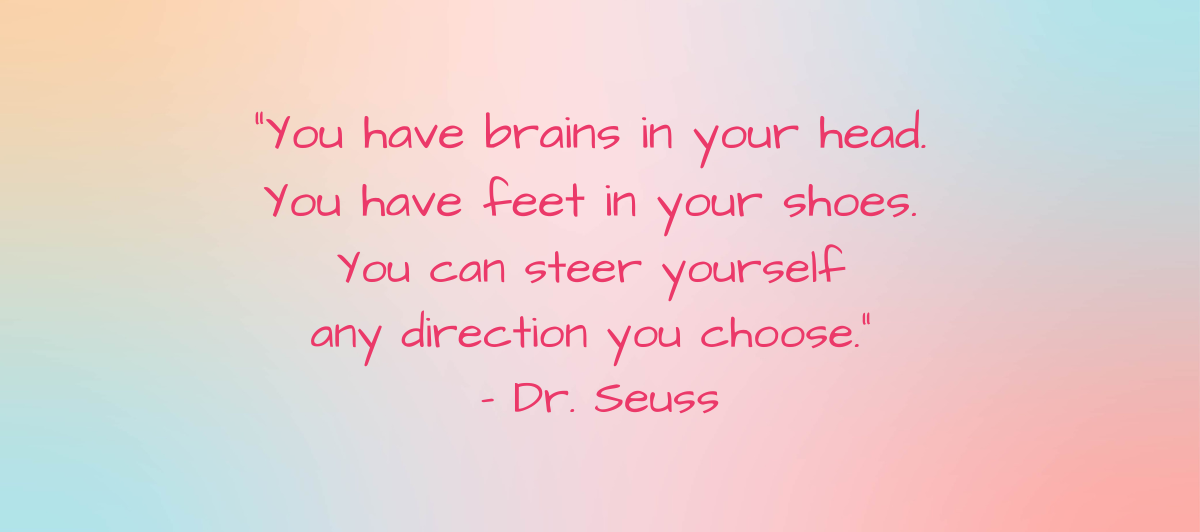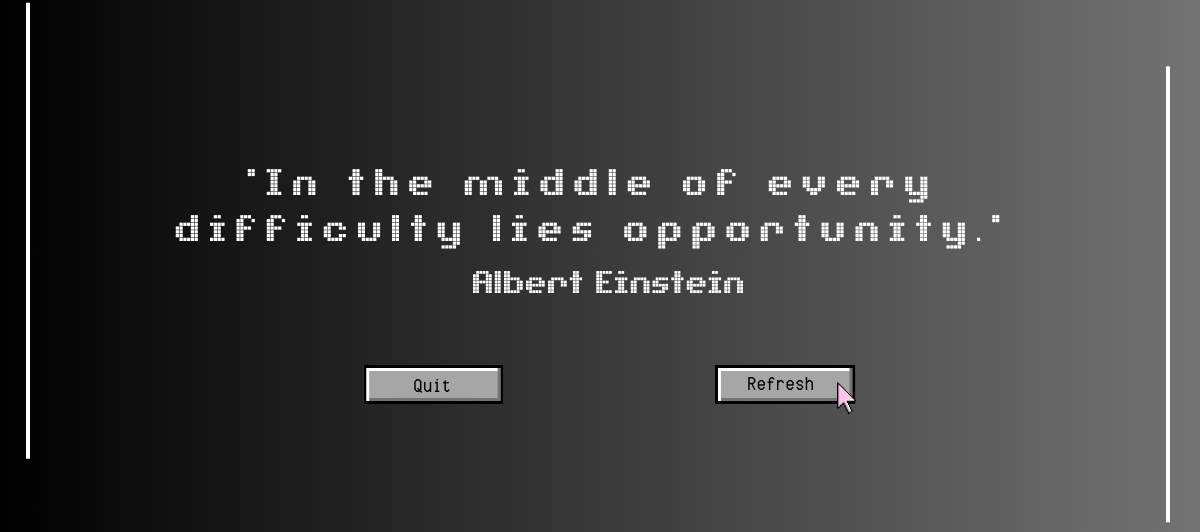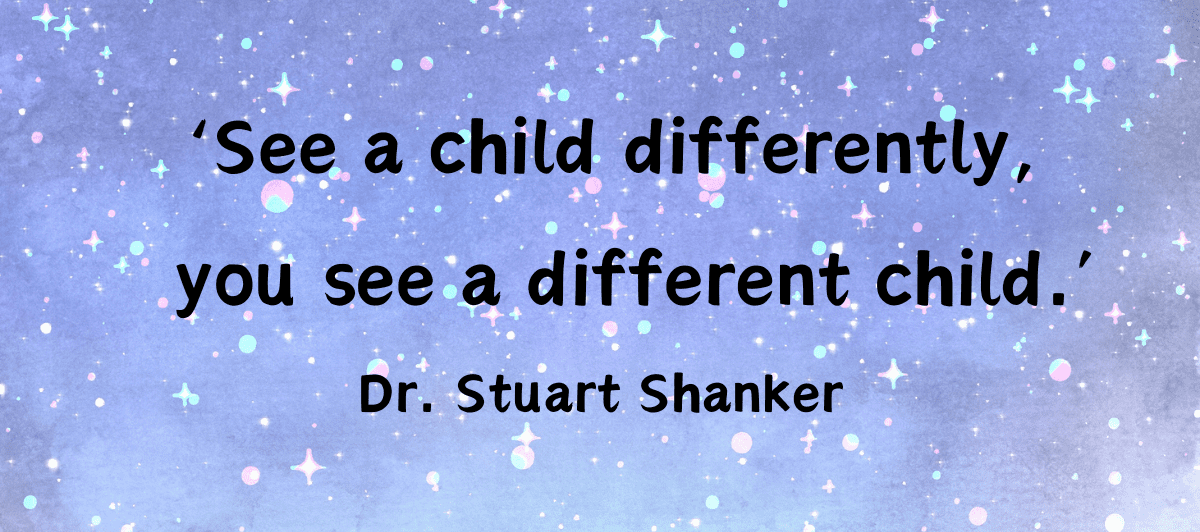
From Chaos to Calm: How to Nurture Self-Regulation
In my role as a speaker in schools, I have the privilege of connecting with many parents and educators. From their insights and my personal experiences as a mother, I’ve come to understand that one of the most daunting challenges lies in effectively nurturing self-regulation in not only children/students but also ourselves.
Have you ever experienced a moment when you’re feeling perfectly composed and then, out of nowhere, something happens that triggers your emotions to go into overdrive? In an instant, you react in a manner that leaves you feeling guilty. You may be preoccupied by a sense of remorse as you replay the situation in your mind, pondering how you could have handled it differently.
When my eleven-year-old son is not listening or is agitated, it triggers frustration within me which can easily lead to anger. Responding from one of those emotions can result in giving unreasonable consequences or regrettable responses.
We often hear about the importance of teaching children self-regulation. However, the challenge becomes practicing self-regulation ourselves in order to effectively instill this skill in them. You can’t help a child regulate until you have self-regulated first. ‘Do as I say, not as I do’ doesn’t work anymore.
Consider giving these simple, yet impactful strategies to take you from chaos to calm.
For Parents/Educators:
- Name your emotion: For example, say, ‘I’m feeling frustrated.
- Notice physical signs of emotions such as rapid heartbeat, clenched hands or muscle tension.
- Pause and take deep breaths. This helps you manage your own emotions and demonstrates self-regulation to the children/students. When you’re feeling calm, you’re better able to assist others in regulating their emotions.
While nurturing self-regulation can be challenging, the benefits are worth the effort. Not only does it cultivate stronger relationships, it also reduces anxiety, lowers stress, builds resilience and fosters empathy.
Until next time…




